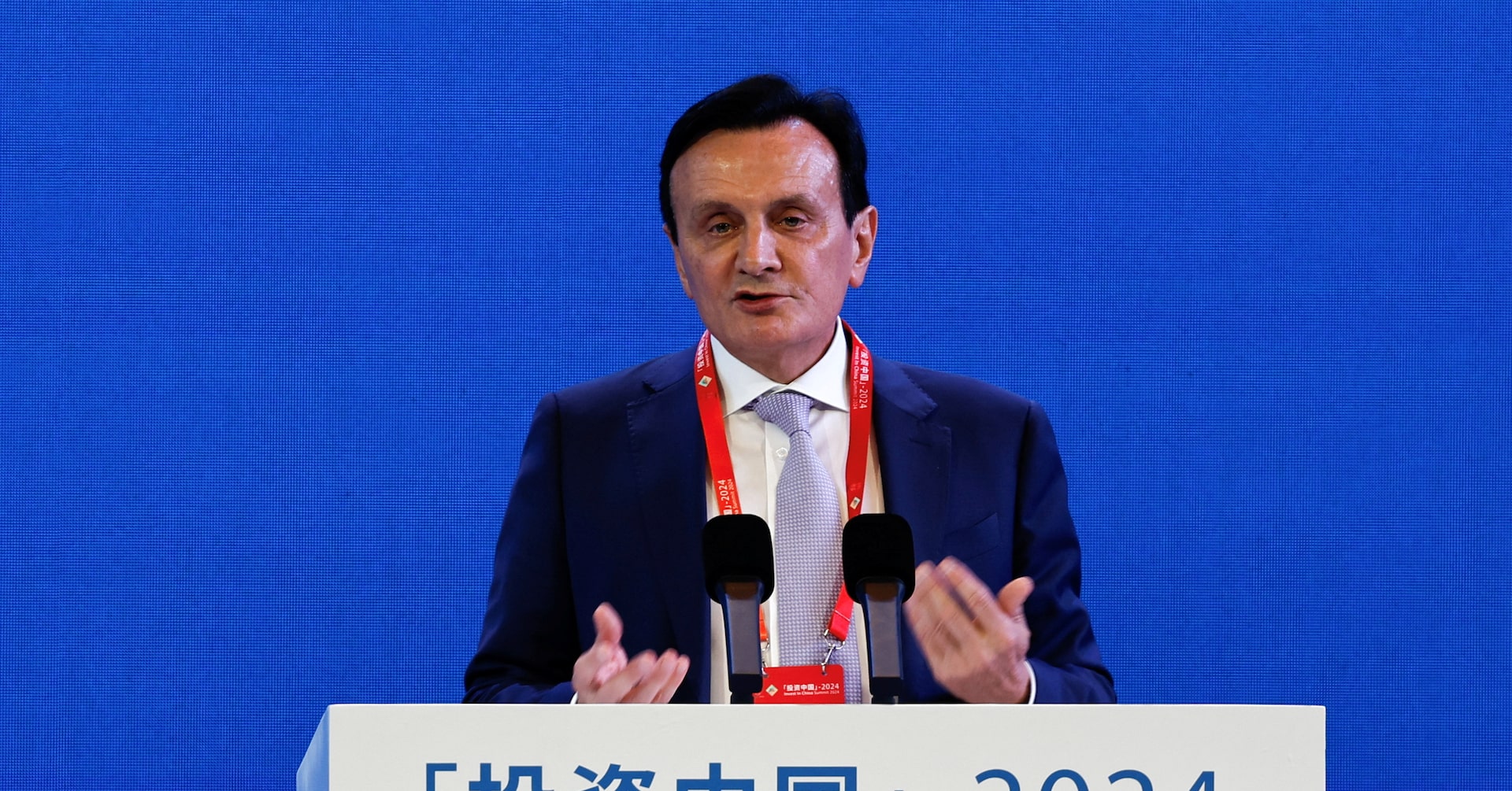Pharma Showdown: AstraZeneca Chief Warns Europe's Health Independence Is Crumbling

In a compelling statement on Wednesday, AstraZeneca's Chief Executive Officer Pascal Soriot highlighted the critical importance of Europe's evolving strategic landscape. As geopolitical tensions reshape global dynamics, Soriot emphasized not only the continent's increased defense investments but also the urgent need to safeguard its health independence.
The pharmaceutical leader underscored that in an increasingly complex world, Europe must prioritize its healthcare autonomy. His remarks reflect a growing recognition that national and regional resilience extends far beyond traditional military considerations, encompassing critical sectors like medical research, pharmaceutical production, and healthcare infrastructure.
Soriot's insights come at a time of significant global uncertainty, where countries are reassessing their strategic capabilities and dependencies. By calling attention to health sovereignty, he signals a broader understanding that medical self-sufficiency is now a key component of national security and economic stability.
